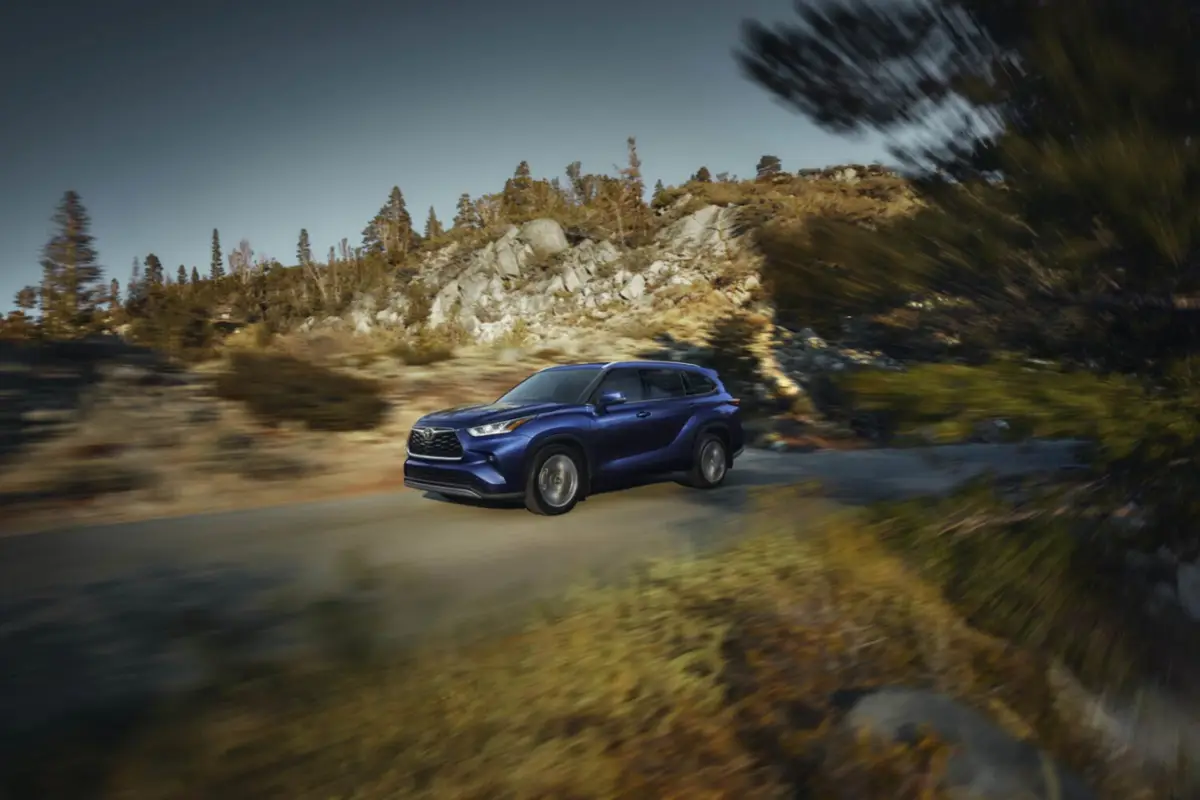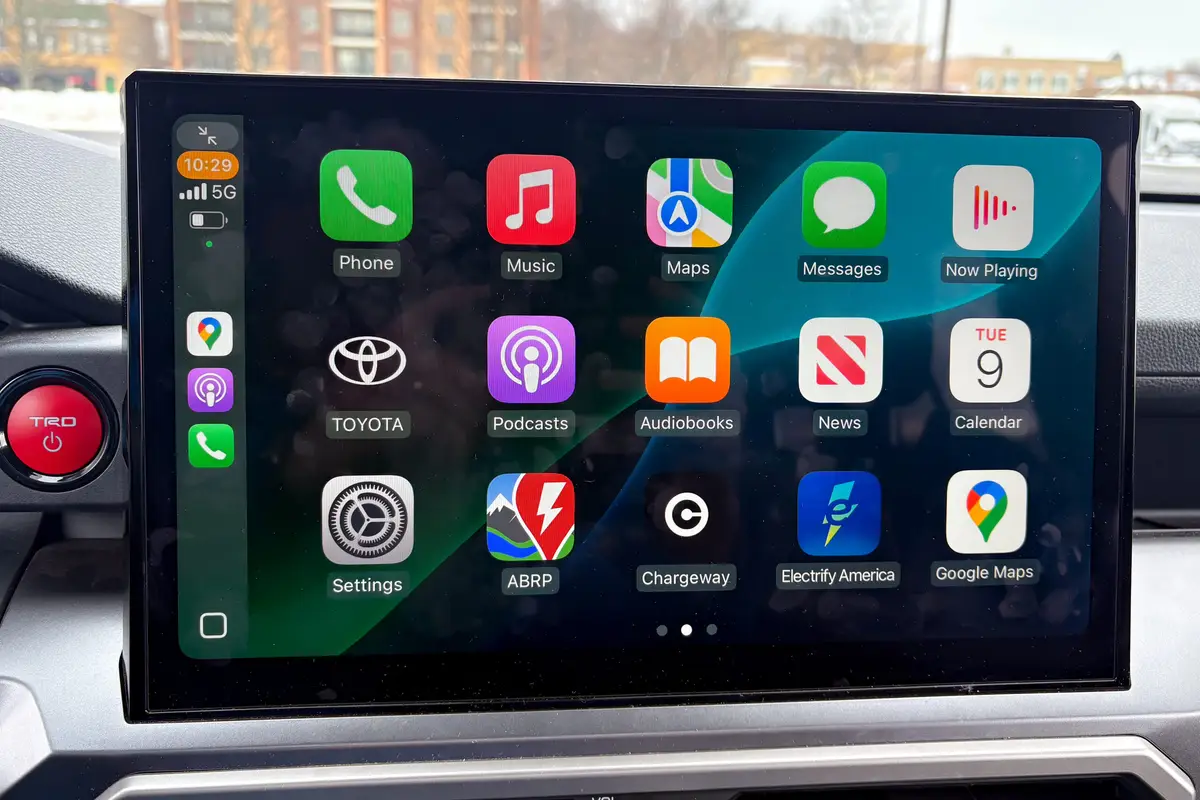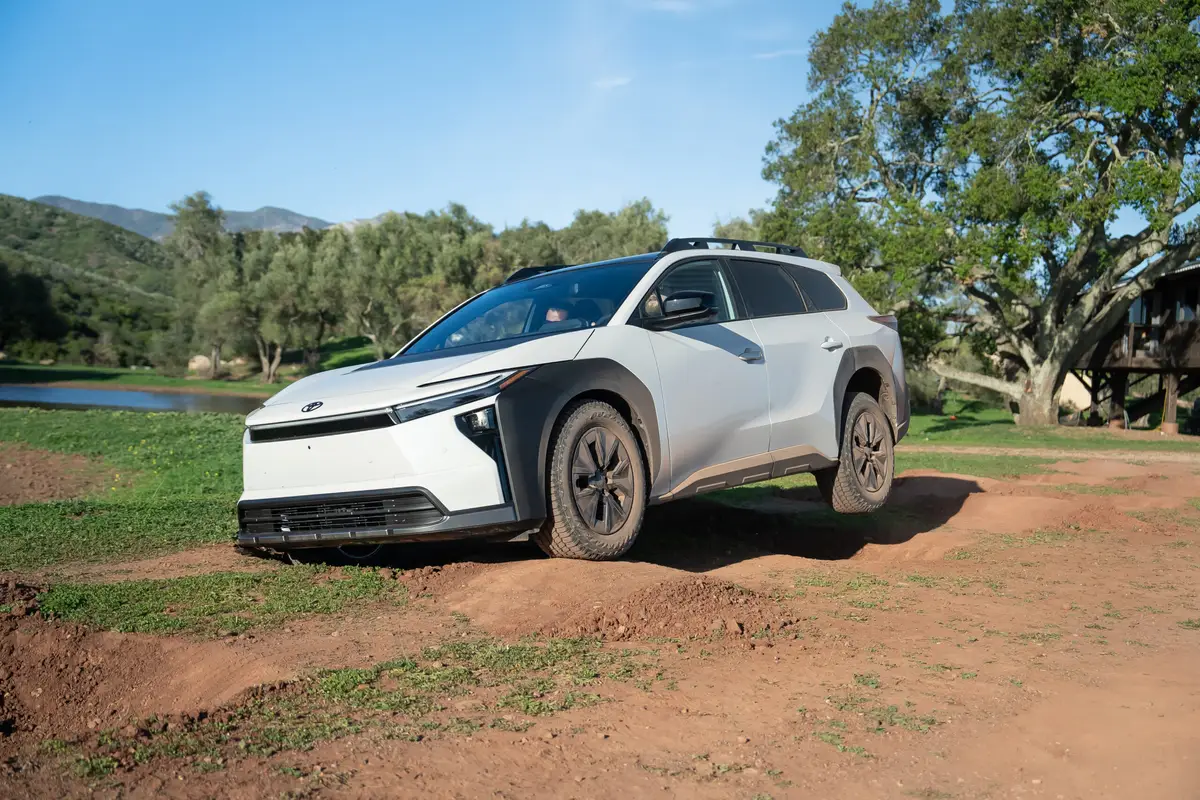washingtonpost.com's view
PARIS–We Americans are not seen as sensible people by global car companies, including those based in the United States. That’s my conclusion after 12 hours of wandering around this year’s installment of the Paris Auto Show, Europe’s largest biennial display of automotive hardware and innovation.
I look at what is coming to America and what isn’t, and I am baffled.
Consider, for example, the matter of the Chevrolet Cruze, just introduced in America as a gasoline-fueled 2011 subcompact sedan.
It is in many ways the perfect urban automobile – small enough for efficient city parking, large enough to transport five adults, reasonably fuel-efficient at 26 miles per gallon in the city and 36 mpg on the highway, and clean enough to pass the most stringent air-quality standards of the European Union or the Republic of California.
So, what am I complaining about?
Chevrolet thinks we Americans are simple-minded dopes. The proof sits on the floor of Hall Five here at GM’s global product display, where one can find a smart-looking five-door hatchback Cruze not on sale in the USA – and not intended to be sold stateside anytime soon.
“Why?”
Wayne Brannon, chief executive director of Chevrolet’s European operations, smiled, winked and dodged.
“Hatchbacks have always been strong sellers in the European market,” he said. “Europeans find them practical, useful . . .â??”
And Americans don’t?
Brannon, a man of Vincent van Gogh-like personage, winced. “Hatchbacks haven’t done so well in the United States,” he said. “They haven’t been popular there.”
And there you have it. Because of marketing errors made by GM and other automobile manufacturers in the past, American consumers are forever labeled anti-hatchback. Had it ever occurred to anyone at GM, or at other car companies possessed of that erroneous thinking, that Americans rejected earlier hatchbacks simply because they were lousy hatchbacks?
I put the question to Edward T. Welburn, a graduate of Howard University who now serves as GM’s chief of global product design.
“Previous hatchbacks brought to the United States were not the greatest,” Welburn conceded. “They were seen as cheap, throwaway cars. I believe if we gave people high-quality, well-designed hatchbacks, they would sell in the United States as well as they sell in Europe.”
Well, then, why isn’t the Cruze hatchback coming to the United States?
Welburn smiled, hunched his shoulders, and evaded my question with the ease of a politician. “You ought to look into that,” he said.
I did. What I found was a hairball of myths and misconceptions that disserve American automotive consumers as well as the automobile manufacturers that supply them. Here are a few:
Myth No. 1: Americans hate hatchbacks.
Truth: Americans are much like car consumers worldwide. They hate lousy cars. If a hatchback is a genuinely bad car, they won’t like it. If it is a genuinely excellent car offered at an attractive price, they will buy it – hatchback or not.
Myth No. 2: Americans don’t like small cars. Baloney! Tell that to the dealers in the United States who are selling every BMW-spawned Mini Cooper they can move through their showroom doors. Again, the truth is simple: Give buyers good, fun, high-quality cars at attractive prices and they will come.
Myth No. 3: Americans won’t go for electric cars. An automobile manufacturer operating on that erroneous belief is writing an end to its future. On display at stands all over the Paris exhibit (ending Oct. 17) are all-electric and hybrid-electric models ranging from the Aixam Mega city car (French) to the super-slick, super-fast (0 to 60 mph in three seconds), lithium-ion-battery Jaguar C-X75 (India). Someone is going to score a fantastic breakthrough in electric-powered motoring. But it won’t be a company saddled with myths about what it thinks Americans won’t buy.
Bottom line: It’s time to get bold, GM. You can start by giving us the Cruze hatchback and the spiffy diesel-powered Cruze models you are selling overseas.
Latest news



